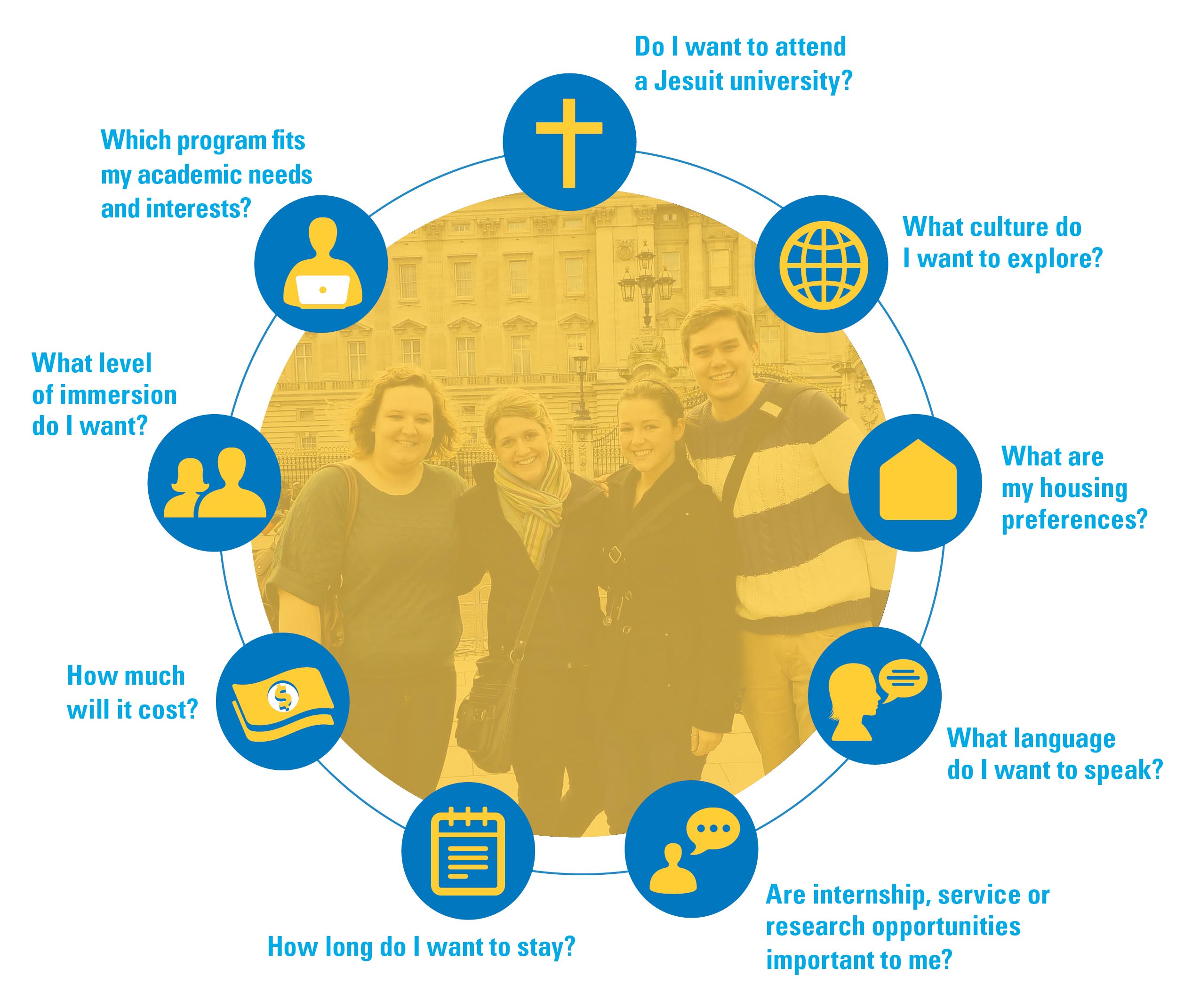 Studying abroad is an exciting opportunity that allows students to gain valuable international experience, broaden their horizons, and enhance their personal and professional growth. Choosing the right study abroad program can be a daunting task, but with the right information and guidance, you can make an informed decision that suits your academic and personal goals. In this comprehensive guide, we will explore different study abroad programs, provide valuable tips, and discuss the benefits and challenges associated with studying abroad.
Studying abroad is an exciting opportunity that allows students to gain valuable international experience, broaden their horizons, and enhance their personal and professional growth. Choosing the right study abroad program can be a daunting task, but with the right information and guidance, you can make an informed decision that suits your academic and personal goals. In this comprehensive guide, we will explore different study abroad programs, provide valuable tips, and discuss the benefits and challenges associated with studying abroad.
Analyzing Different Study Abroad Programs
When exploring study abroad programs, it’s important to consider factors such as location, academic focus, program duration, language requirements, and cost. Researching different programs and understanding their specific offerings will help you find the perfect fit for your needs. Look for programs that align with your academic interests and offer courses that will contribute to your degree or personal growth.Benefits of Studying Abroad
Studying abroad offers numerous benefits, both academically and personally. It allows you to immerse yourself in a new culture, learn a new language, and develop a global perspective. Additionally, it enhances your intercultural communication skills, adaptability, and independence, which are highly valued by employers in today’s global job market. Furthermore, studying abroad provides opportunities for networking and building connections with people from different backgrounds, which can be beneficial for future career prospects.Challenges of Studying Abroad
While studying abroad is an enriching experience, it also comes with its fair share of challenges. Adapting to a new culture, language barriers, homesickness, and being away from friends and family can be overwhelming at times. It’s important to be prepared for these challenges and have a support system in place. Universities often provide resources and services to help students navigate these challenges and make the most of their study abroad experience.Tips for Choosing the Right Study Abroad Program
Here are some practical tips to consider when selecting a study abroad program:1. Define Your Goals
Before starting your search, determine what you hope to achieve through studying abroad. Clarify your academic objectives, language-learning goals, and personal interests. This will help you narrow down your options.2. Research Programs
Take the time to thoroughly research different study abroad programs. Look into factors such as program reputation, accreditation, faculty expertise, and alumni experiences. Read student reviews and testimonials to gain insights into the program’s quality and support services.3. Consider Location
Think about the location that aligns with your interests. Do you prefer a bustling city or a quieter town? Consider the cultural, social, and recreational opportunities available in each location. Also, take into account safety factors and any necessary travel restrictions.4. Assess Costs and Funding Options
Studying abroad can be costly, so it’s essential to evaluate the program’s fees, tuition, living expenses, and potential scholarships or financial aid options. Create a budget to determine if the program is financially feasible for you.5. Consult with Advisors and Peers
Seek guidance from academic advisors, study abroad offices, and fellow students who have previously studied abroad. They can provide valuable insights, recommendations, and answer any questions you may have about the programs you are considering.6. Attend Study Abroad Fairs and Information Sessions
Take advantage of study abroad fairs and information sessions organized by your university or other educational institutions. These events allow you to meet program representatives, ask questions, and gather more information about the programs.FAQ for Exploring Different Study Abroad Programs
1. How do I choose the right study abroad program?
Consider factors such as location, academic focus, program duration, language requirements, and cost. Define your goals, research programs, consult with advisors and peers, and attend study abroad fairs and information sessions to make an informed decision.2. Are study abroad programs only for certain majors?
No, study abroad programs cater to various majors and academic interests. There are programs available for students from all disciplines, allowing you to study abroad while still fulfilling your degree requirements.3. Can I study abroad if I don’t speak the local language?
Yes, many study abroad programs offer courses taught in English. However, if you are interested in learning a new language, you can choose a program that focuses on language immersion or offers language courses as part of the curriculum.4. How can studying abroad benefit my future career?
Studying abroad enhances your intercultural communication skills, adaptability, and independence, which are highly valued by employers. It also provides networking opportunities and global perspectives, making you a more competitive candidate in the global job market.Can I Study Abroad while attending Two Community Colleges at the Same Time?
Studying abroad offers valuable experiences for personal growth and broadening academic horizons. However, attending two community colleges simultaneously may pose logistical challenges when considering studying abroad. Coordinating schedules, transfer credits, and meeting academic requirements can be complex. It is recommended to consult with academic advisors from both colleges to explore the feasibility of studying abroad while attending two community colleges simultaneously.